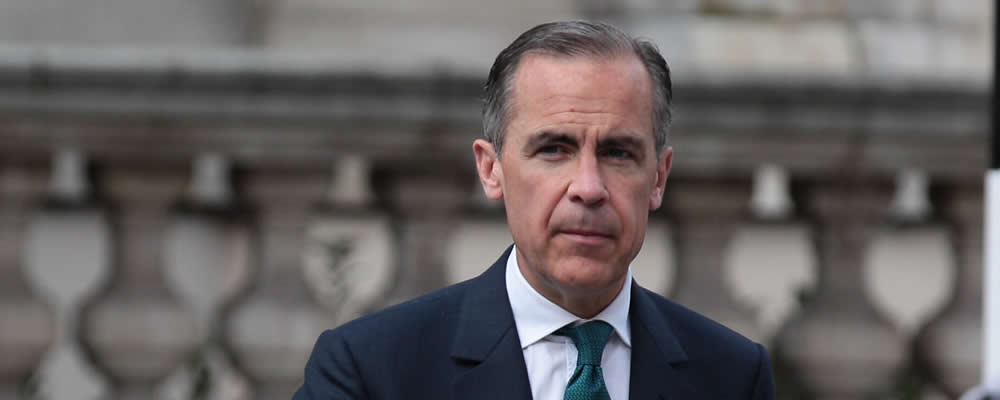Confidence in the Euro picked up significantly in the wake of comments from European Central Bank (ECB) President Mario Draghi, who sounded less dovish than anticipated.
While he was still a long way from committing to any tapering of the quantitative easing program investors piled back into the single currency, betting that the central bank is shifting towards a tightening bias.
However, EUR exchange rates soon returned to a downtrend after ECB sources warned that investors are overstating the optimism of Draghi’s speech.
With the latest German and Eurozone consumer price index reports expected to point towards a weakening in domestic inflationary pressure the Euro is likely to remain on a softer footing.
Given that policymakers have previously expressed scepticism over the underlying strength of the recent uptick in inflation a weaker showing here could prompt further Euro bearishness ahead of the weekend.
Worries are also mounting over matters in Greece, where municipal workers are on an extended strike in pursuit of permanent contracts.
As this conflicts with measures that the Greek government previously agreed with creditors in exchange for bailout funds the situation threatens to create fresh problems for the embattled Hellenic republic.
If tensions continue to escalate and a workable compromise remains elusive then EUR exchange rates are likely to remain under pressure in the near term.
Mixed Messages from BoE Trigger Fresh EUR GBP Volatility
The Pound saw volatile trading, meanwhile, as the message from the Bank of England (BoE) remained rather mixed.
Although deputy governor Jon Cunliffe dismissed the prospect of an imminent rate hike this seemed at odds with the latest speech from Governor Mark Carney.
Investors were encouraged by Carney’s comment that ‘some removal of monetary stimulus is likely to become necessary’, sending the Euro Pound exchange rate trending sharply lower on Wednesday afternoon.
However, this does not necessarily raise the likelihood of the BoE voting to raise interest rates imminently as the Governor maintained a relatively cautious view on the economic outlook.
May’s net consumer credit and mortgage approvals figures could put fresh downside pressure the Pound, given that the BoE has sounded caution over the rise in consumer borrowing.
US Dollar Remains Under Pressure Ahead of Inflation Data
A better-than-expected narrowing of the advance goods trade deficit was not enough to shore up the US Dollar, as confidence in the US economy remained muted.
Markets remain jittery over the weakness of recent US data, with the odds of another 2017 Federal Reserve rate hike falling thanks to mixed policymaker opinions.
Altogether the outlook for the US Dollar has turned rather bearish, as Patrick Artus, research analyst at Natixis, noted:
‘Financial markets until recently expected the Dollar to appreciate, given the prospect of a rate hike by the Federal Reserve and the sentiment that other regions (China, euro zone, emerging countries) were facing problems.
‘But the consensus is now shifting towards expectations of a depreciation of the Dollar, given the improvement in the other regions’ situation and the risk of a US economic slowdown.’
Ahead of Friday’s personal consumption expenditure data the mood towards the ‘Greenback’ is unlikely to improve.
However, if domestic inflationary pressure strengthened in May this could dent the Euro US Dollar exchange rate.
Current EUR GBP USD Interbank Exchange Rates
At the time of writing, the Euro Pound exchange rate was making gains around 0.8786. Meanwhile, the Euro US Dollar exchange rate was trending narrowly in the region of 1.1357.



